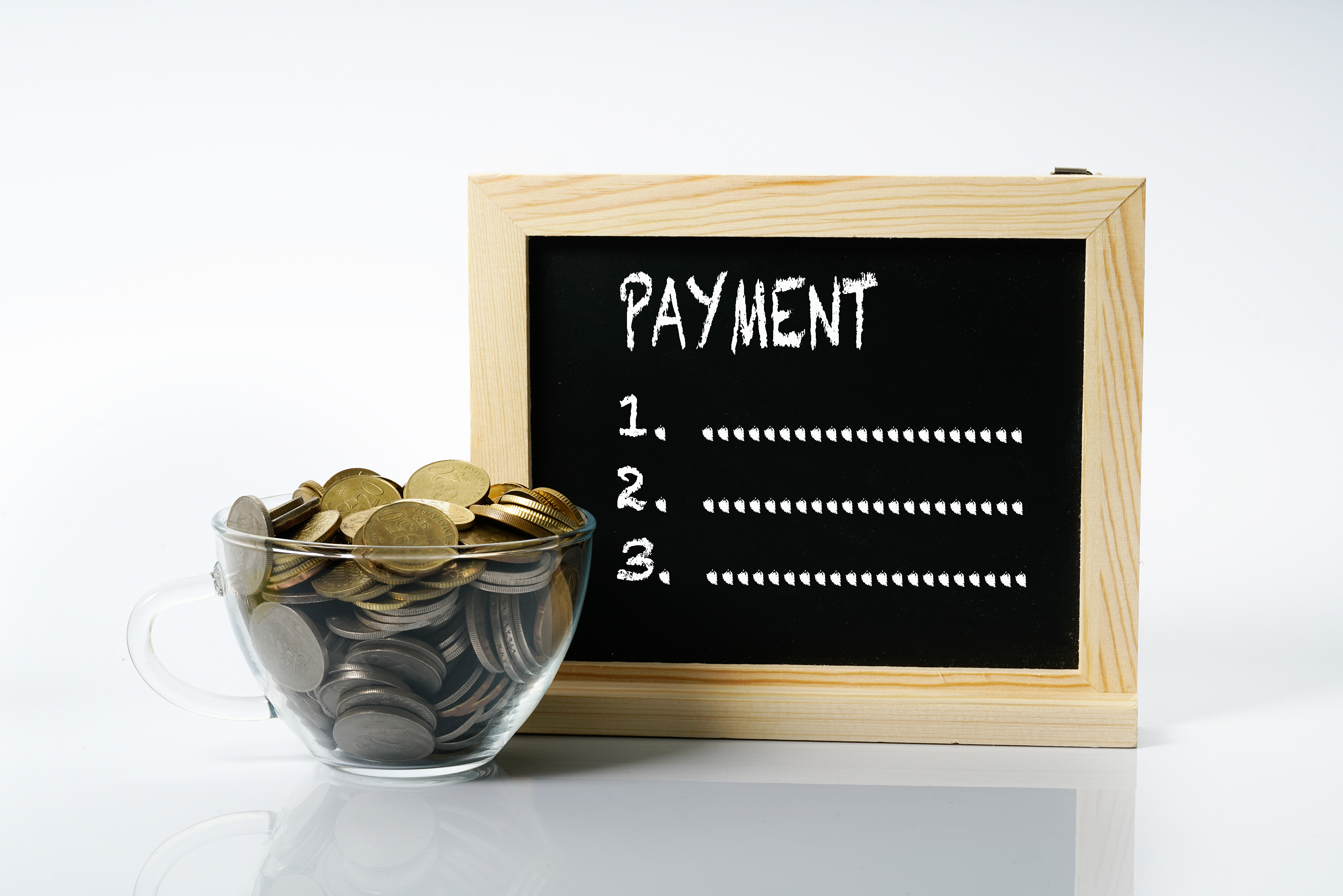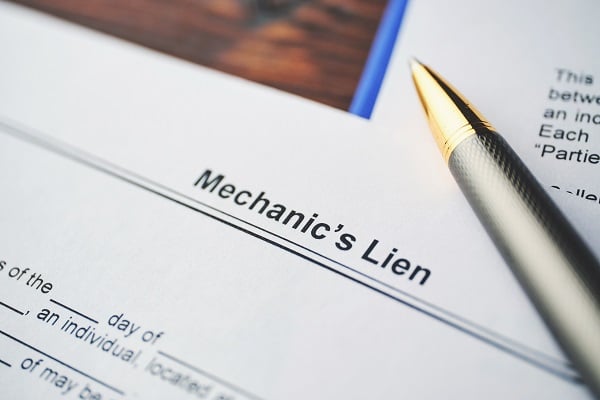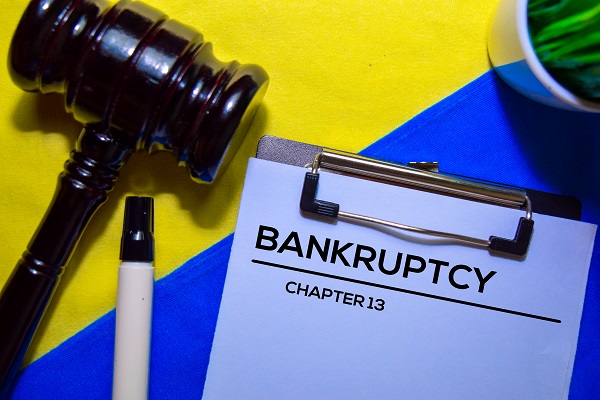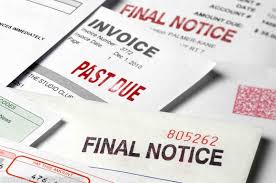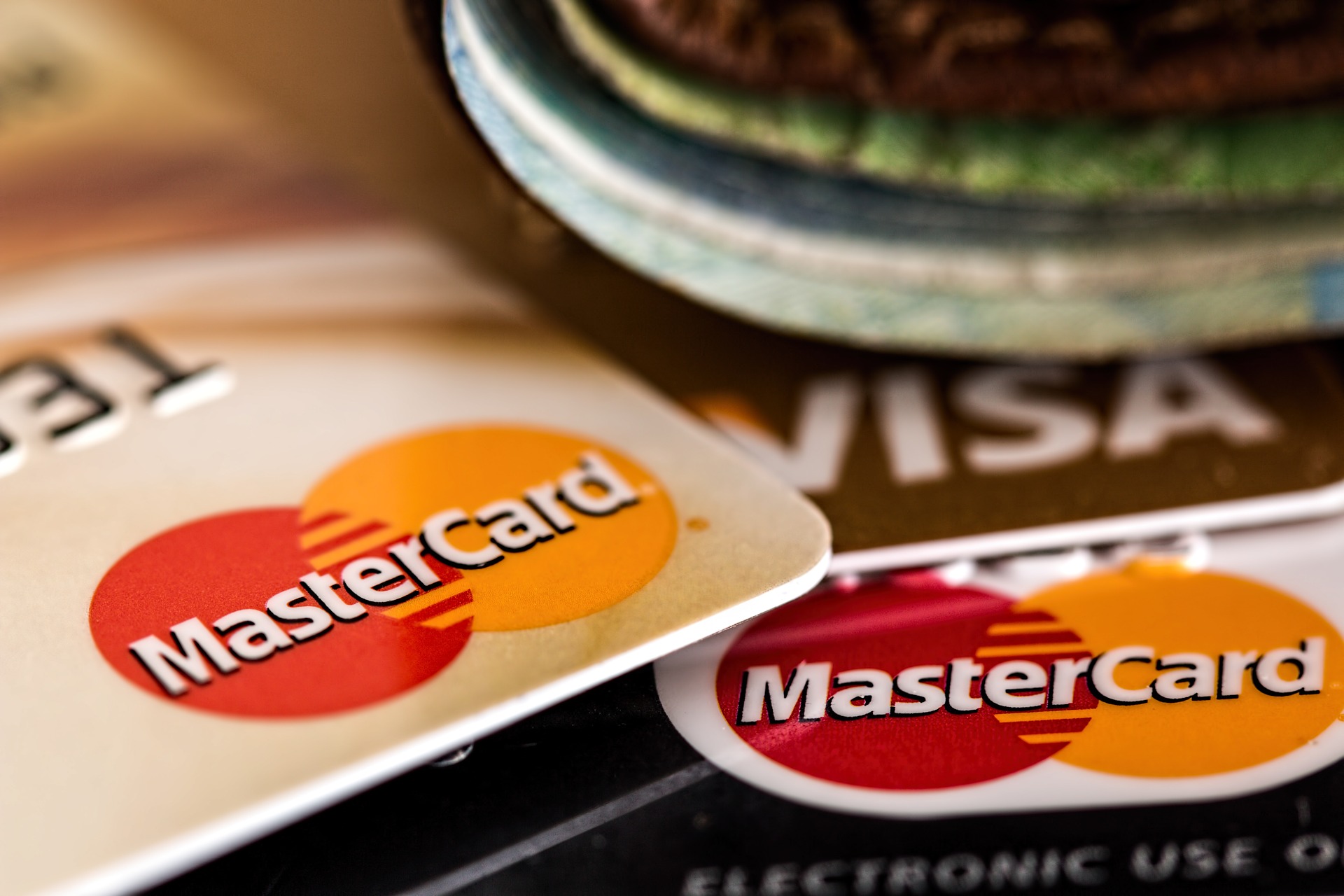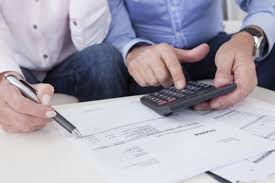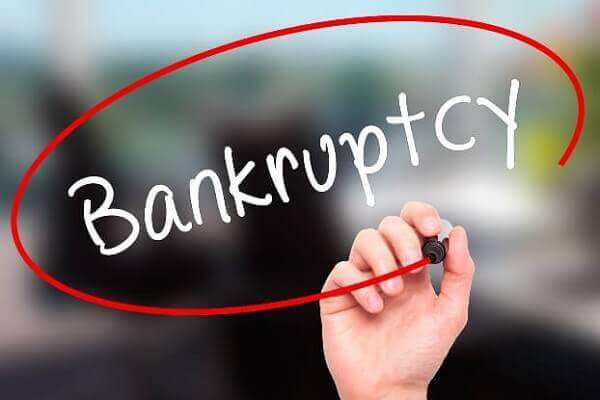As a bankruptcy attorney, I see people with all sorts of issues and harassment they are facing from their creditors, and it is amazing the length that collection agencies will go through in order to collect past-due debts. Everyone wants to pay the bills they’ve incurred, but unplanned events can throw-off even the most prudent financial planners. Regardless of whether a payment was missed for valid reasons (like vehicle repairs, medical debt, job loss/income drop, etc.), collection agents will soon be calling non-stop (possibly at your work) and demanding late fees, accrued interest, and enforcing acceleration clauses which makes the full underlying balance immediately due! What’s worse, is that these collection agents are incredibly hard to get in contact with, and they do not inform people of their rights when pursuing every avenue available to collect their debts.








